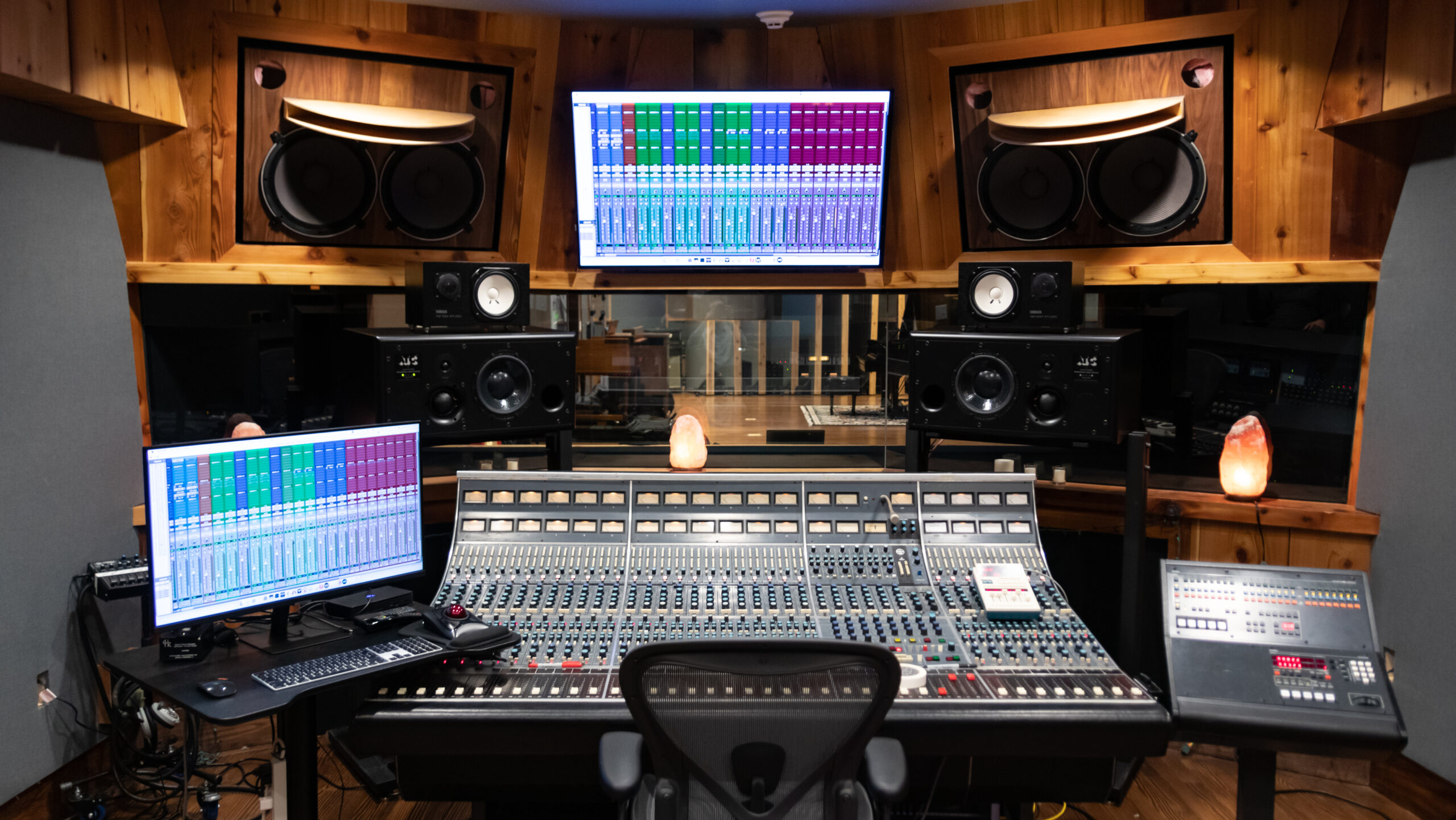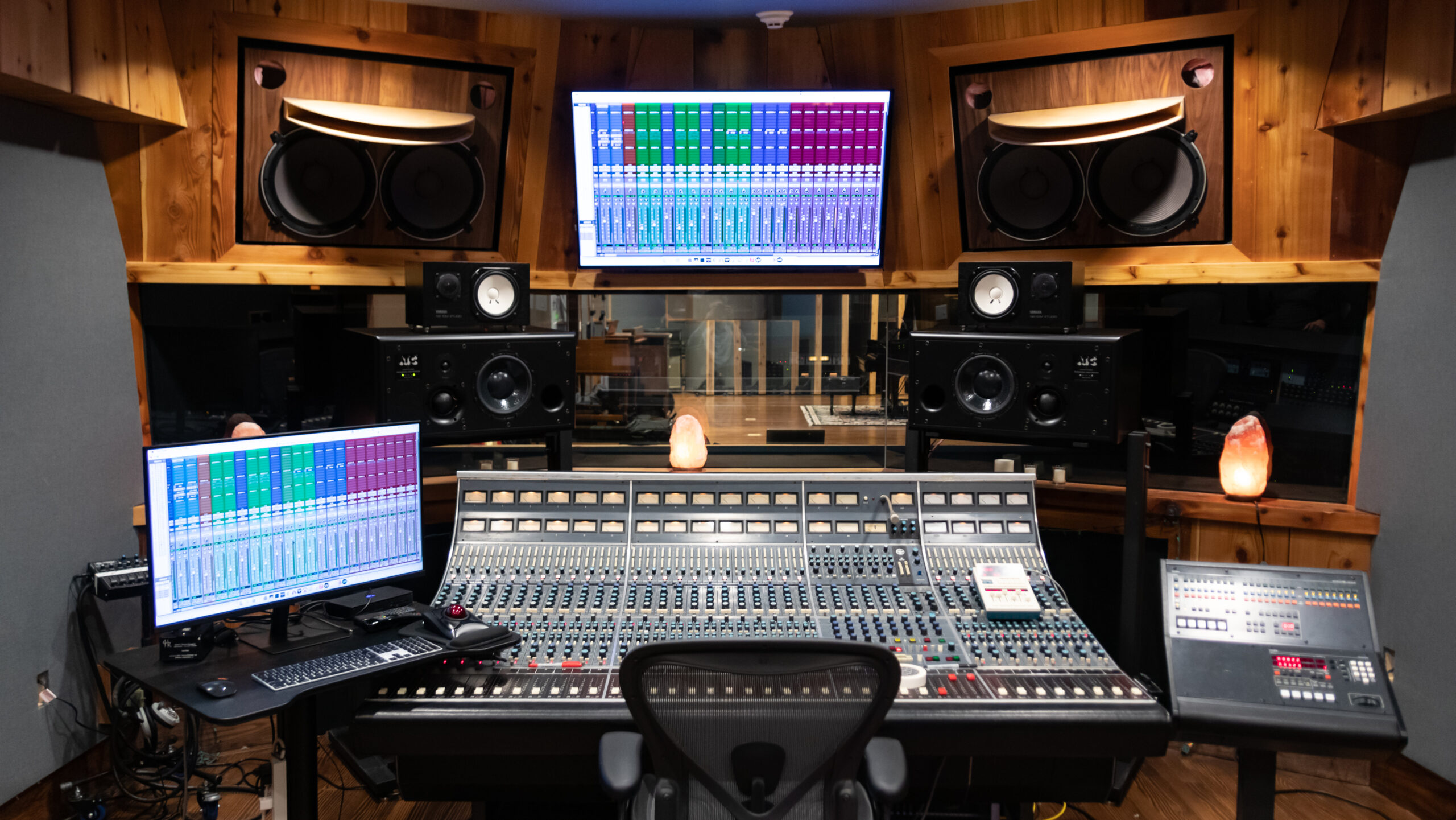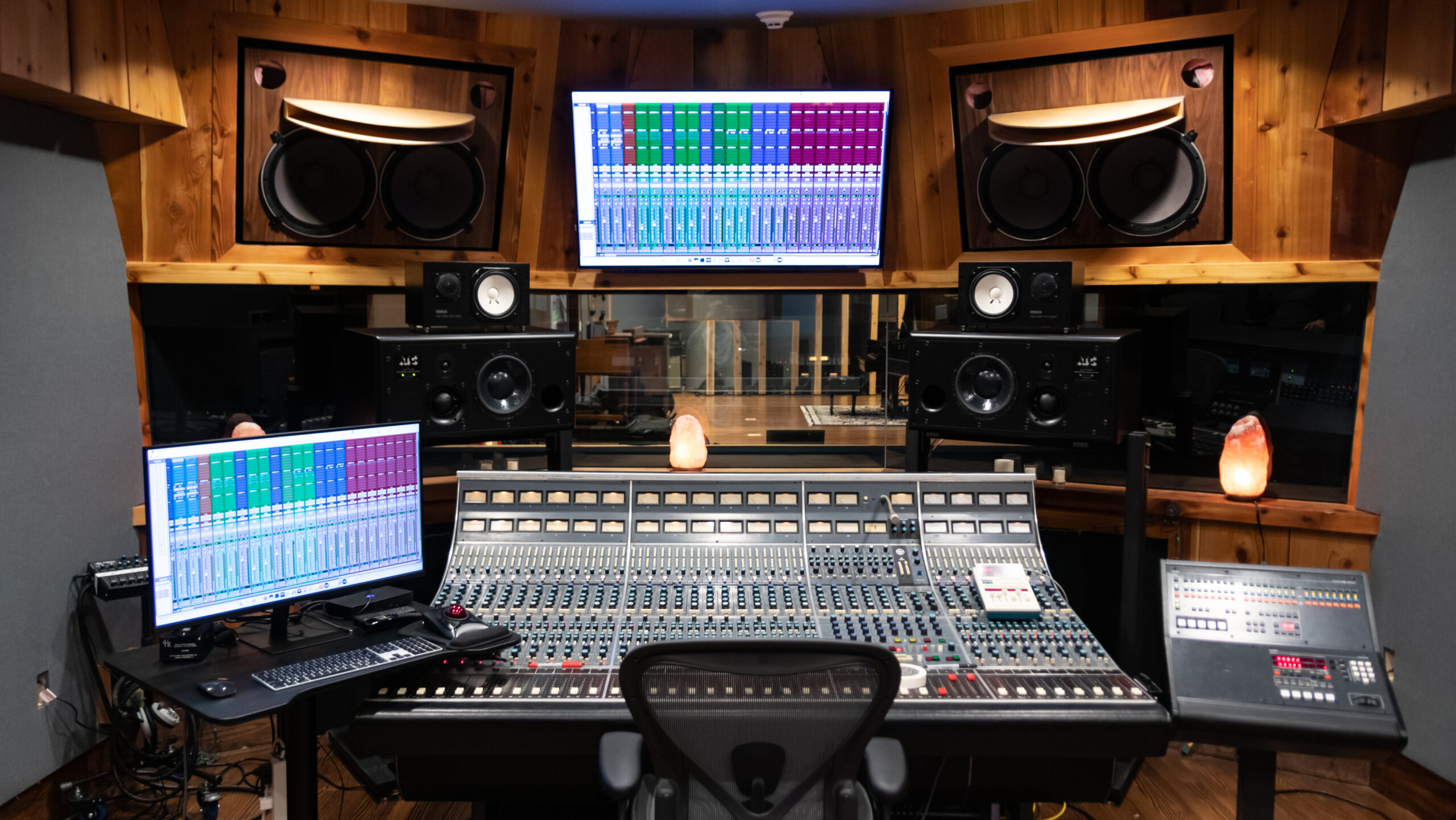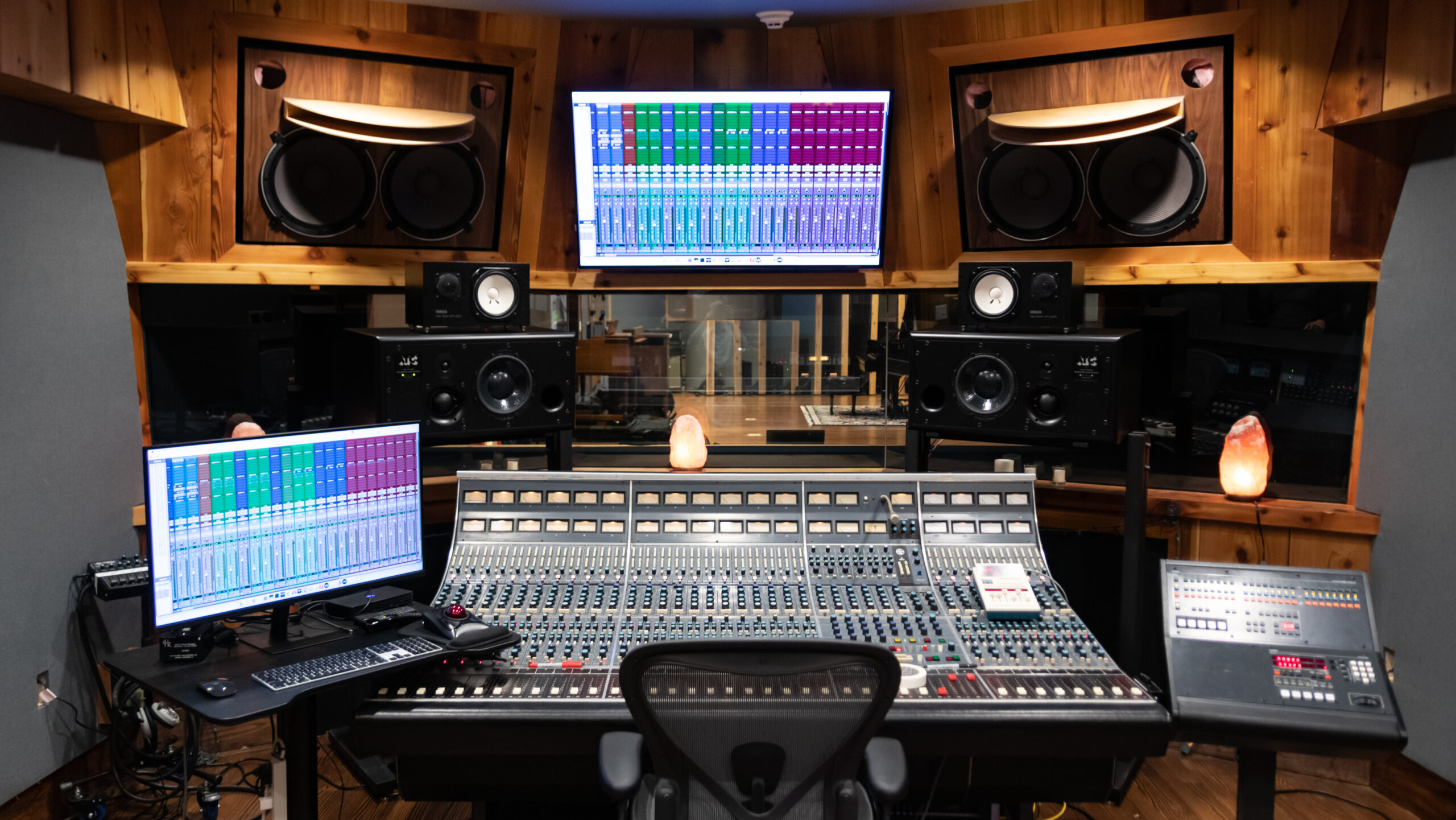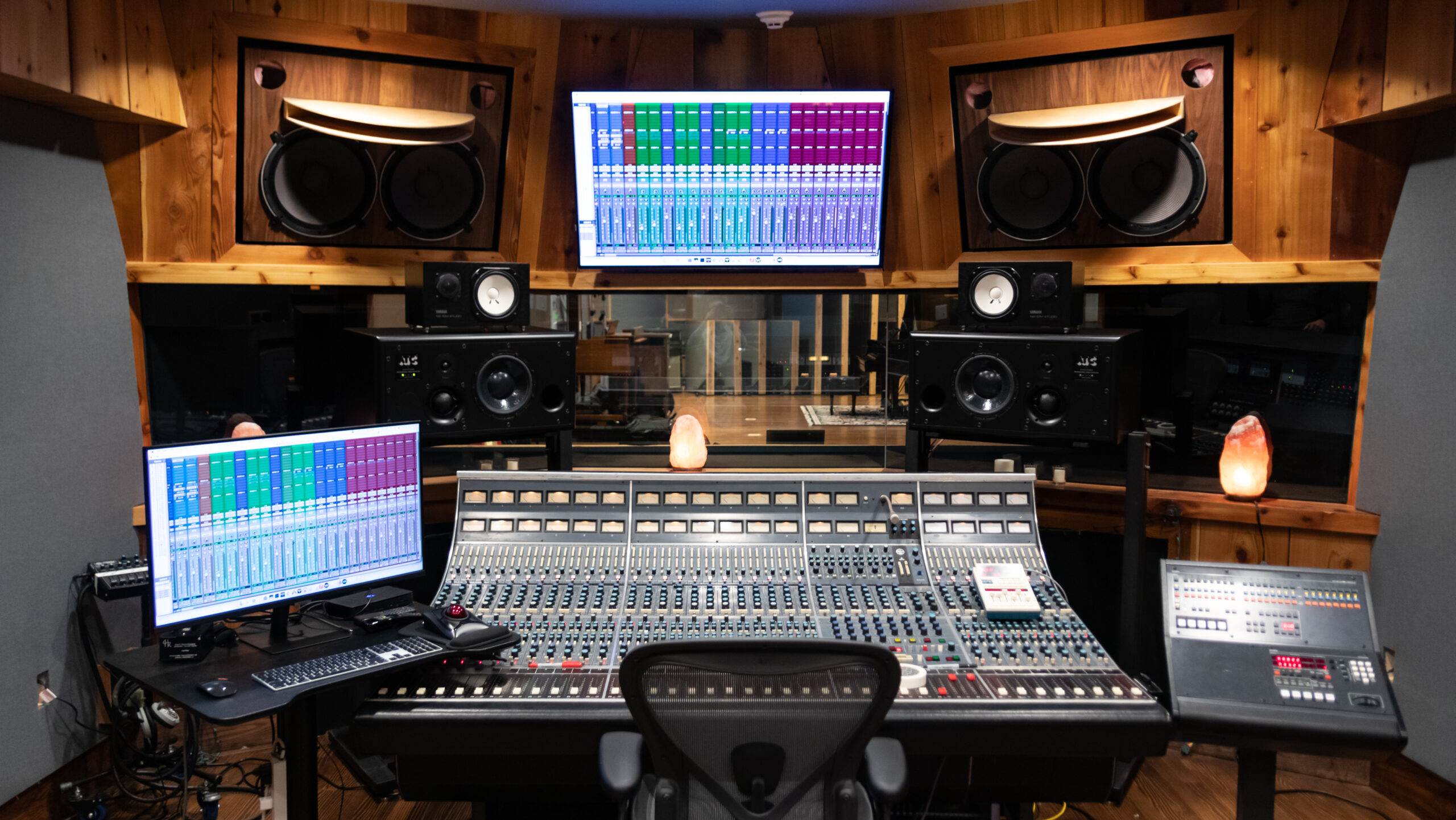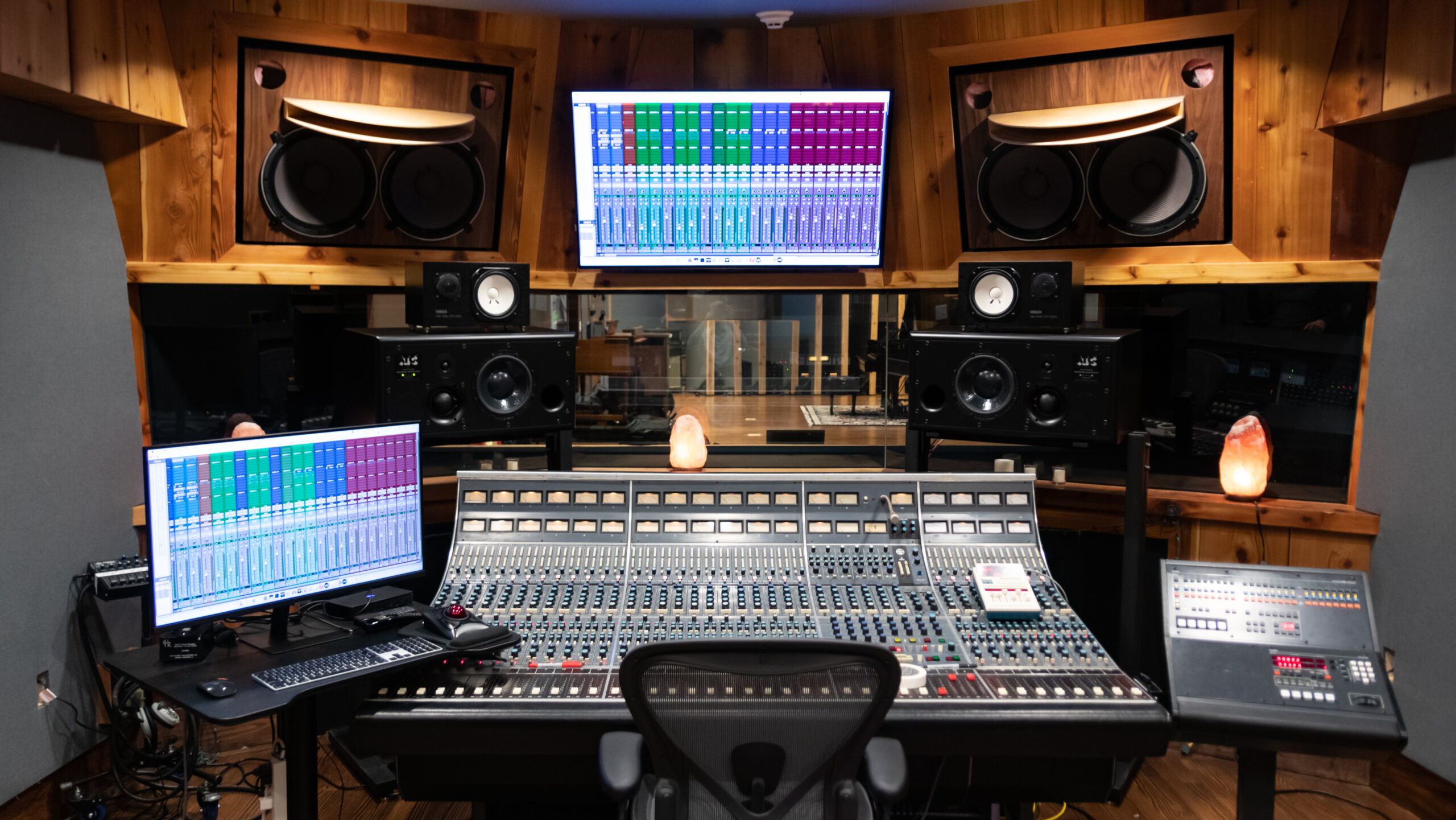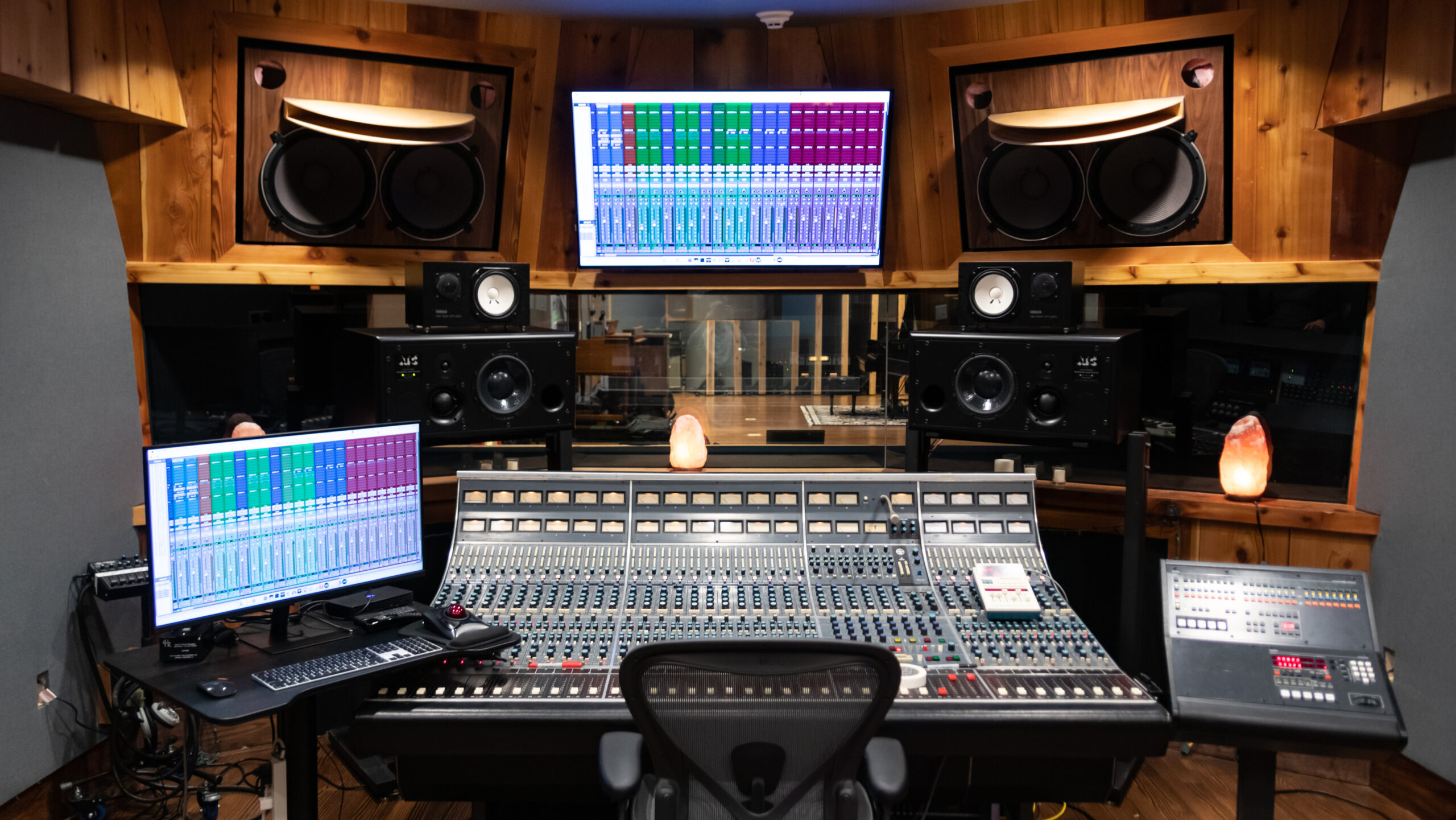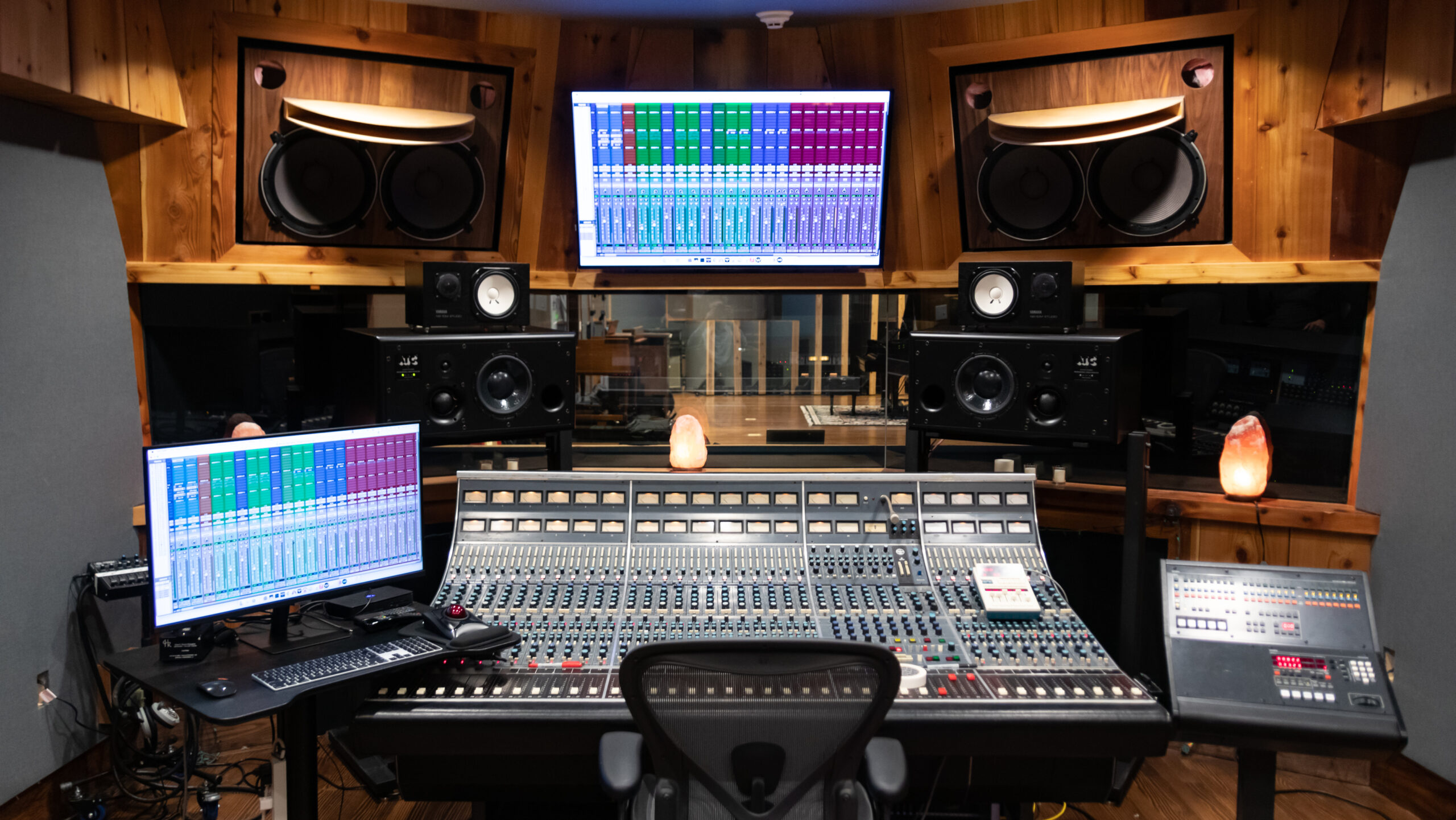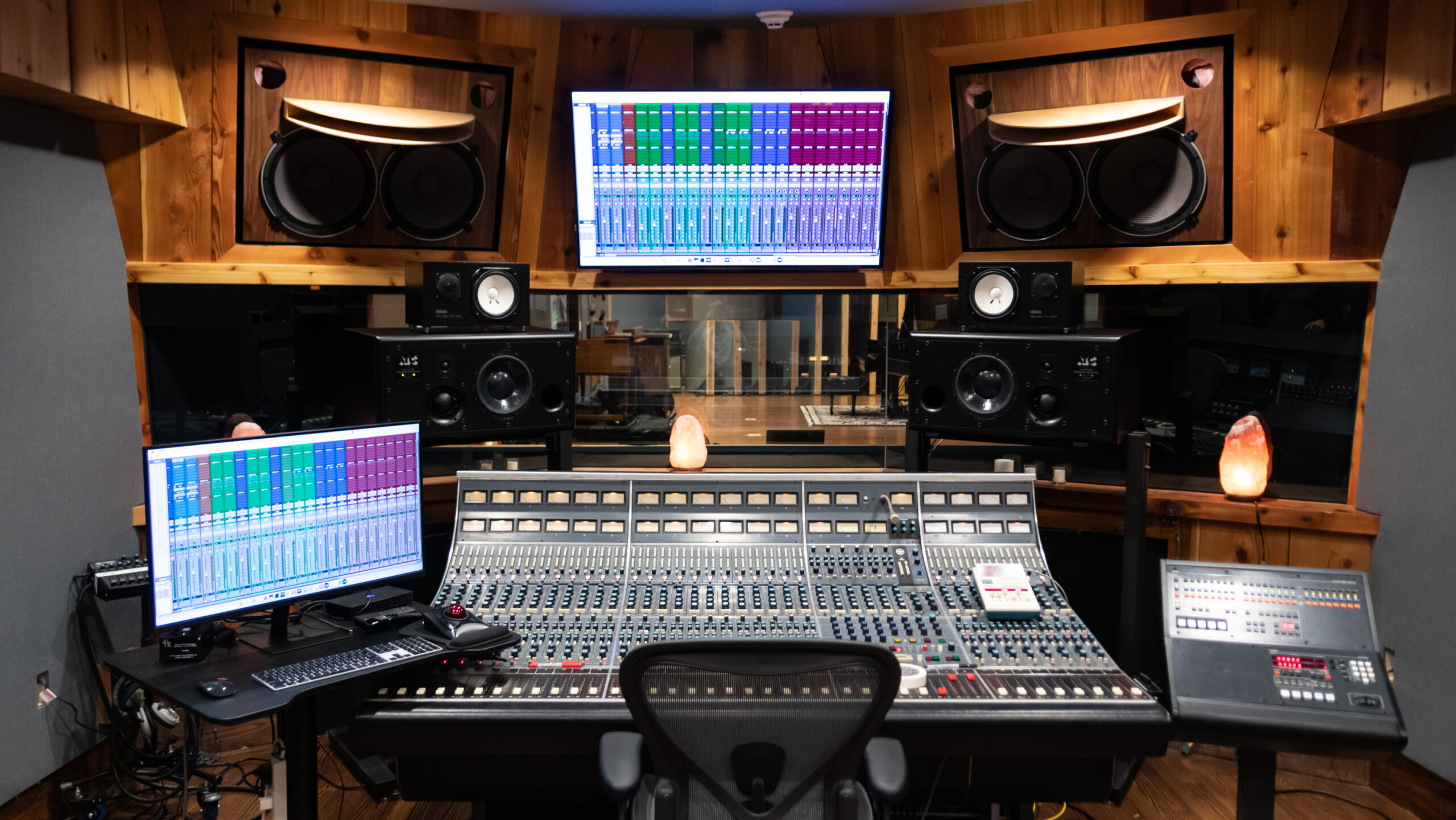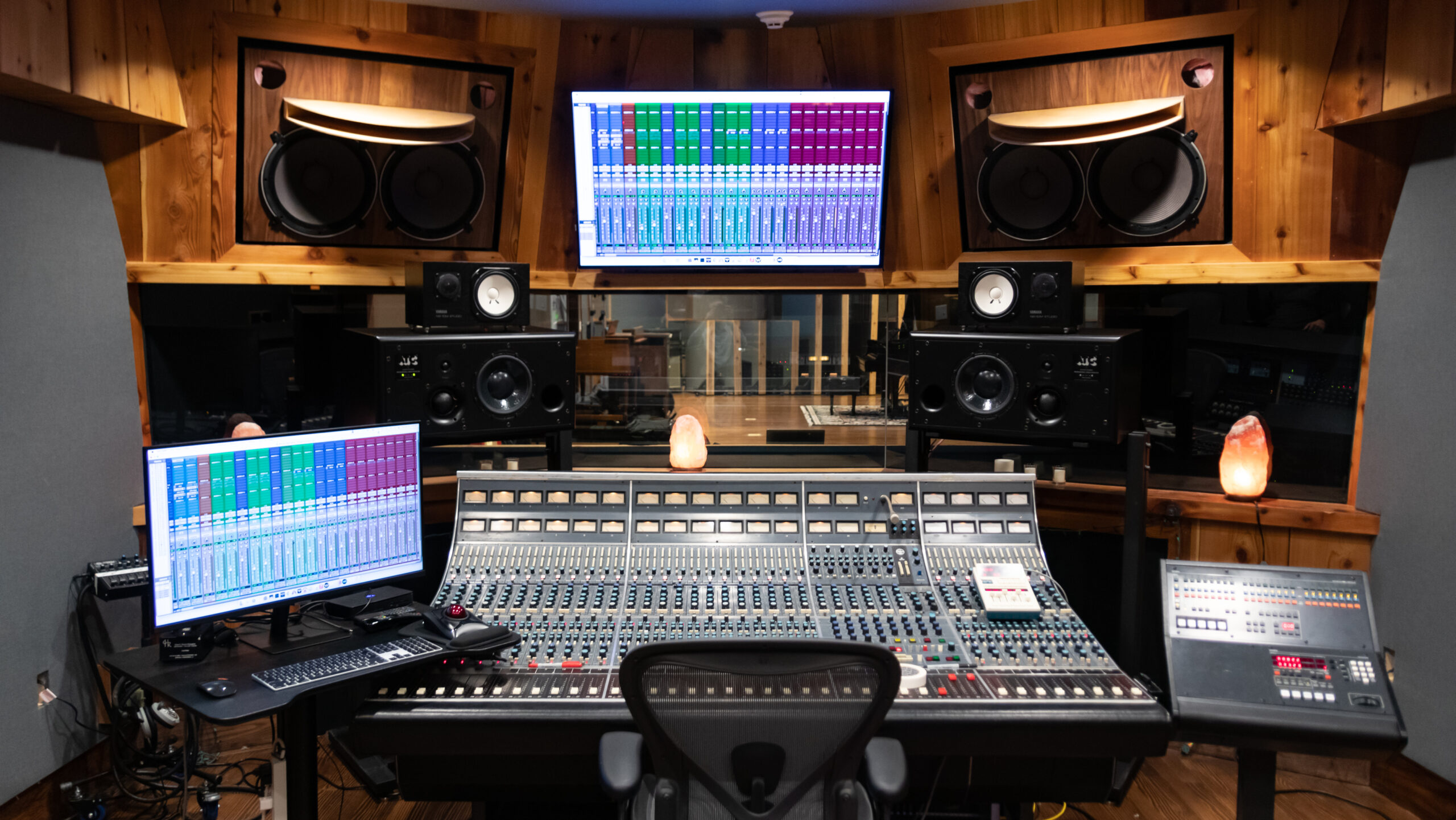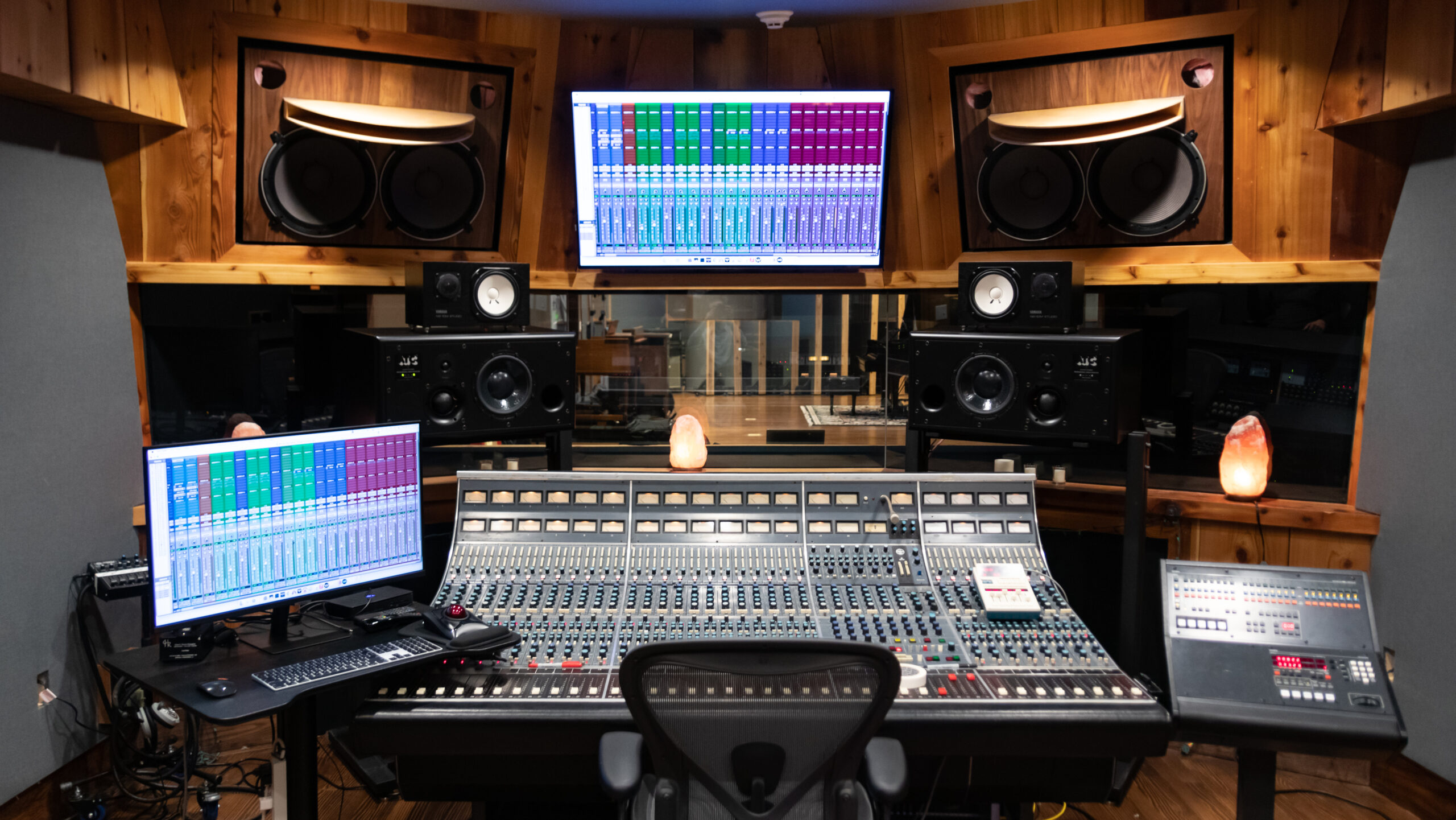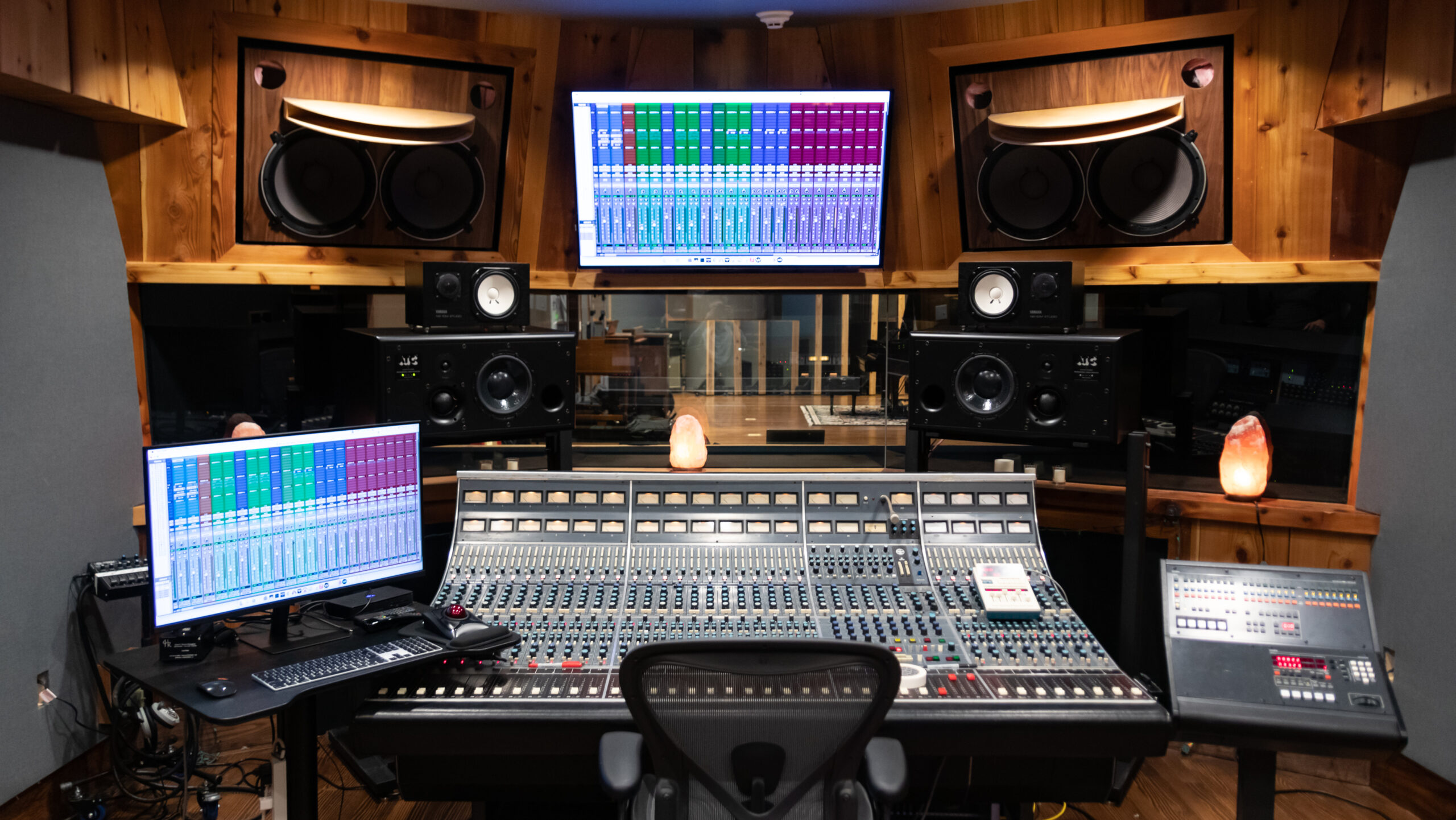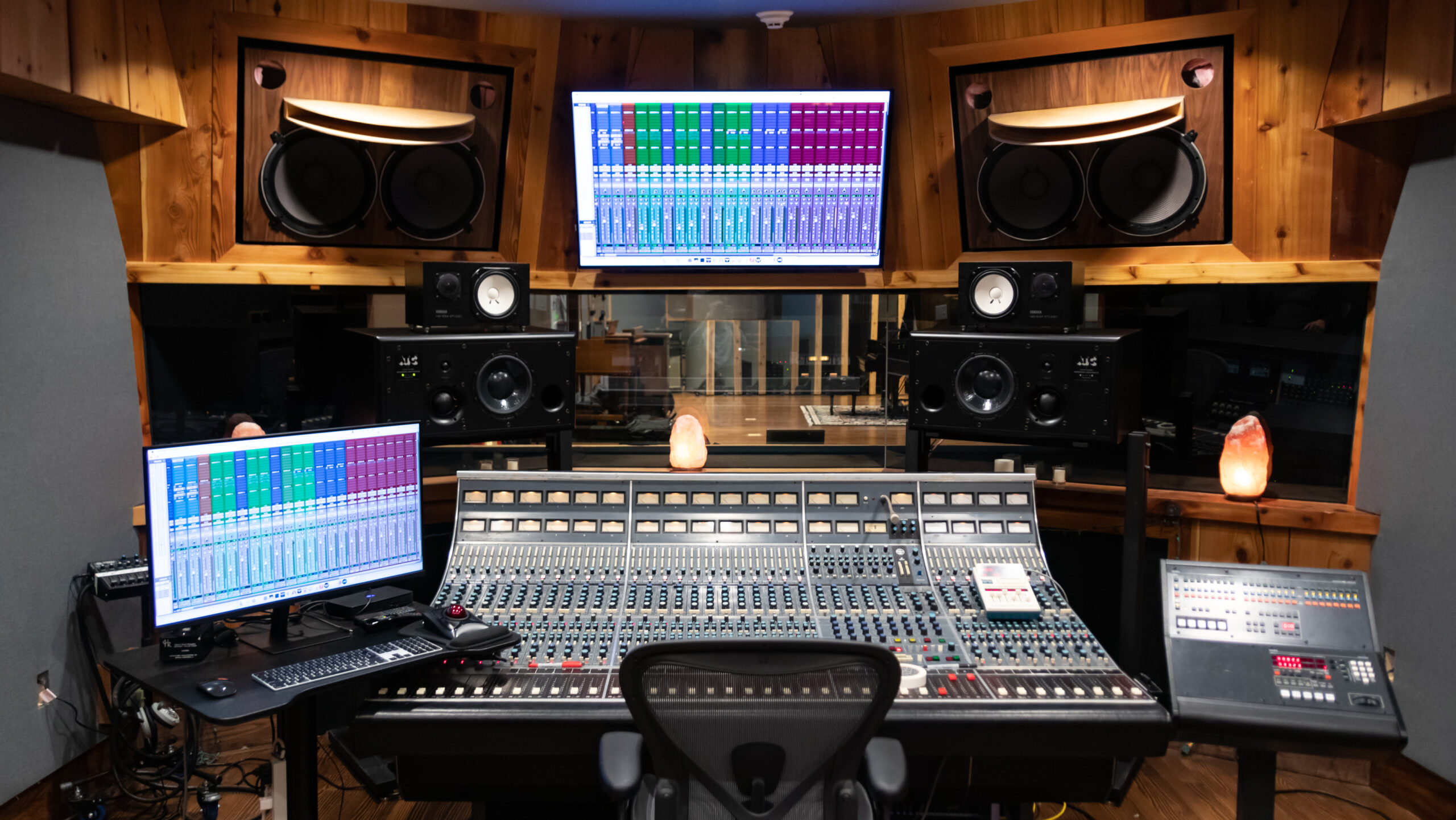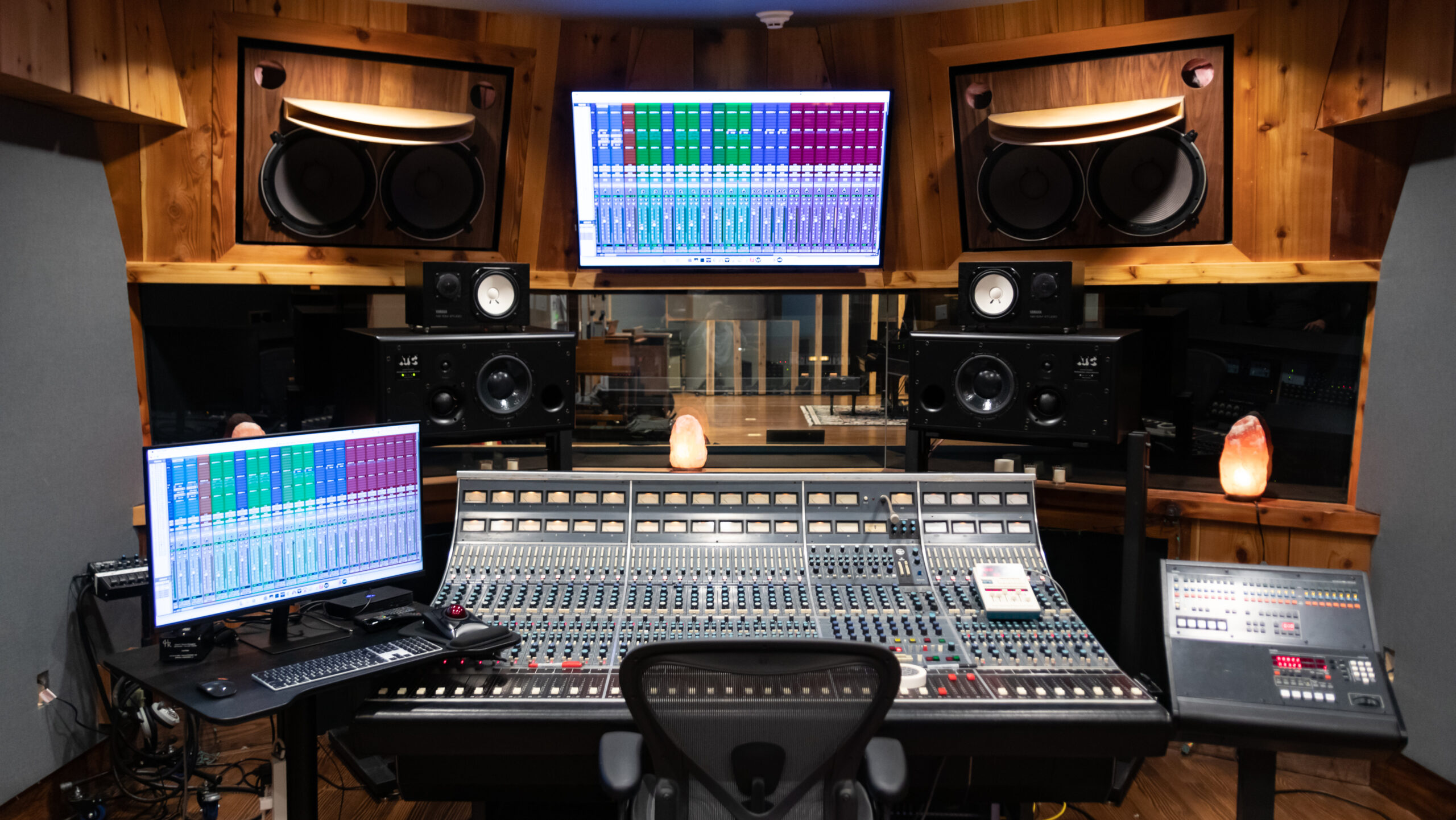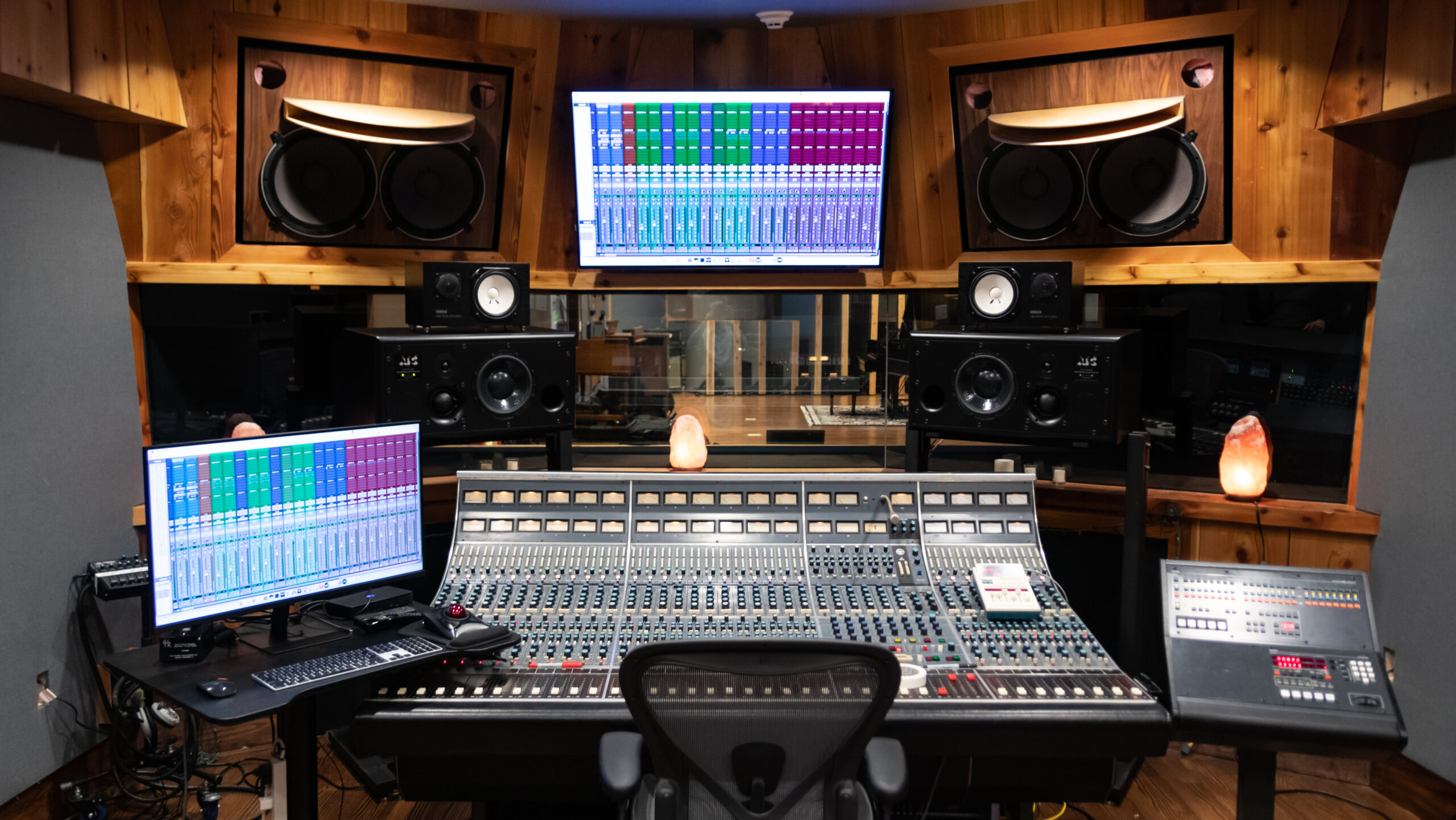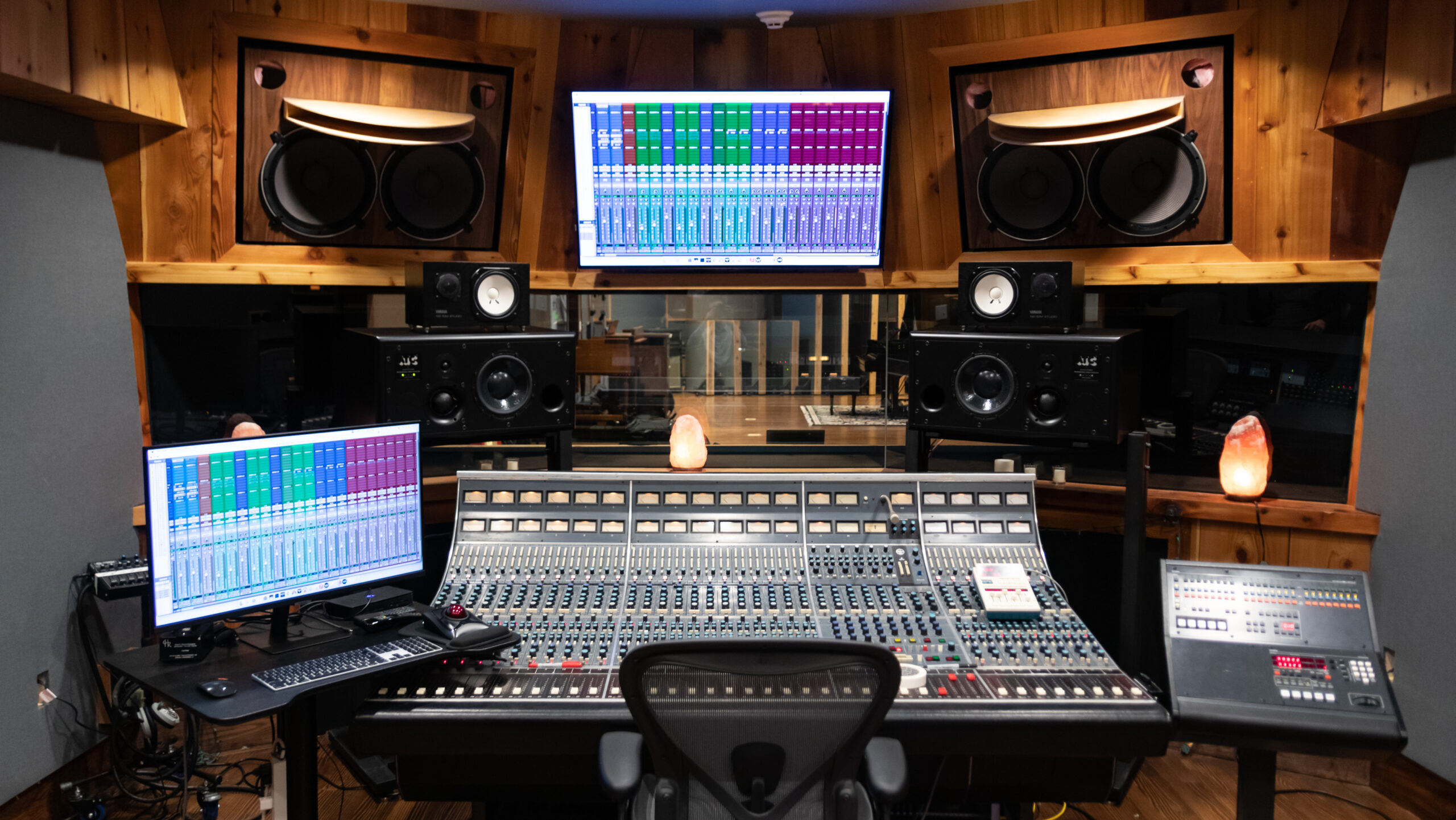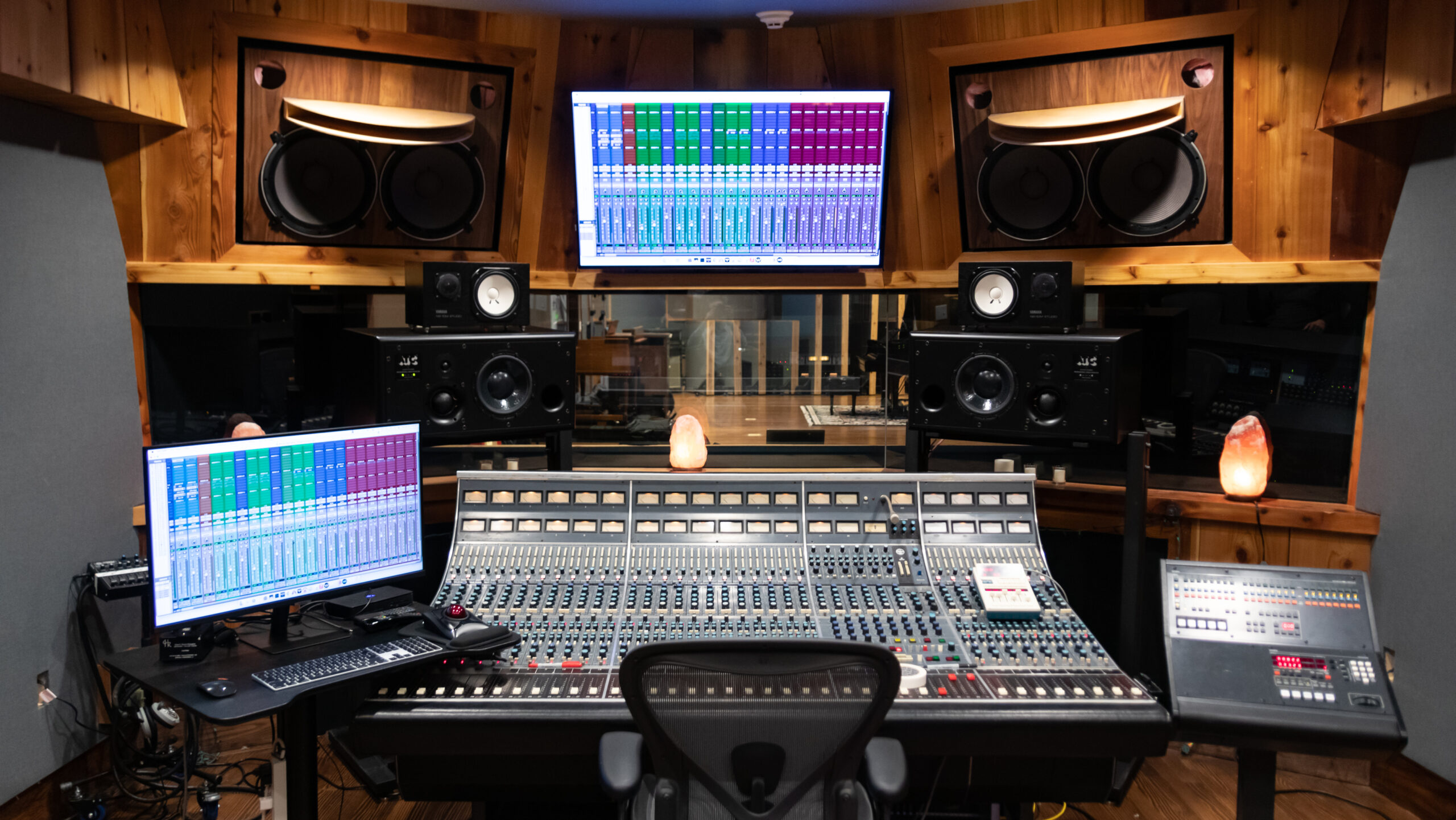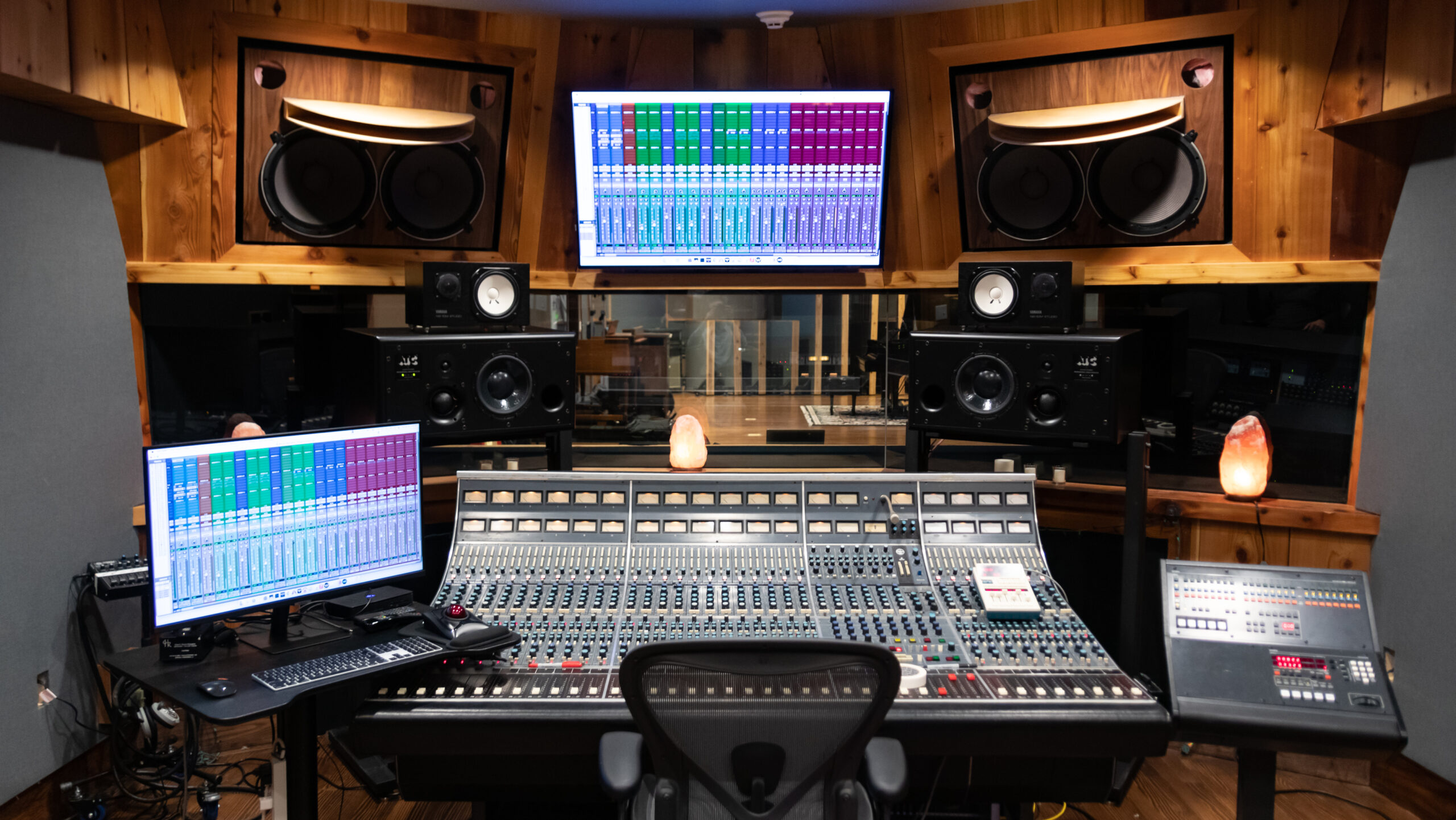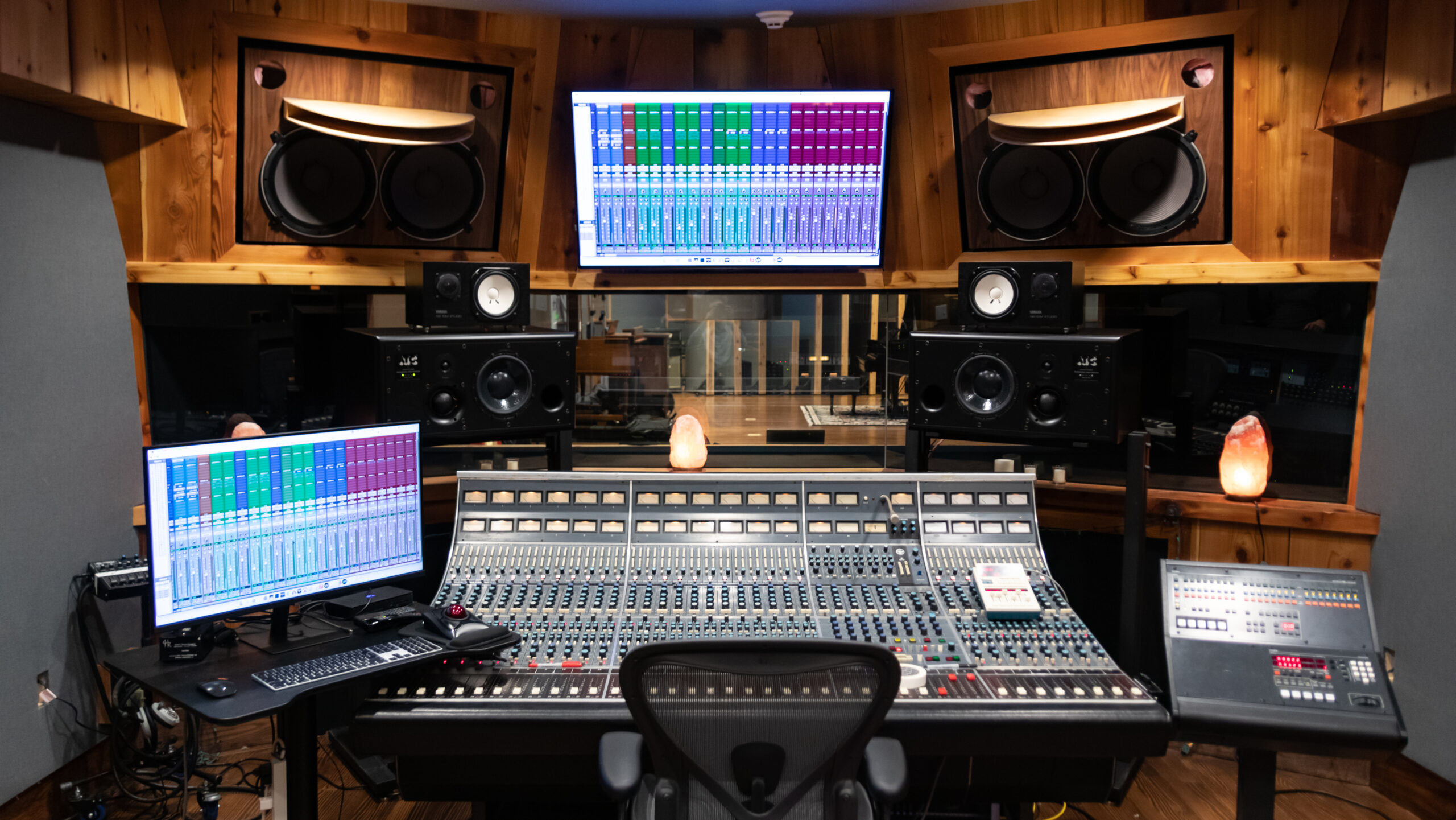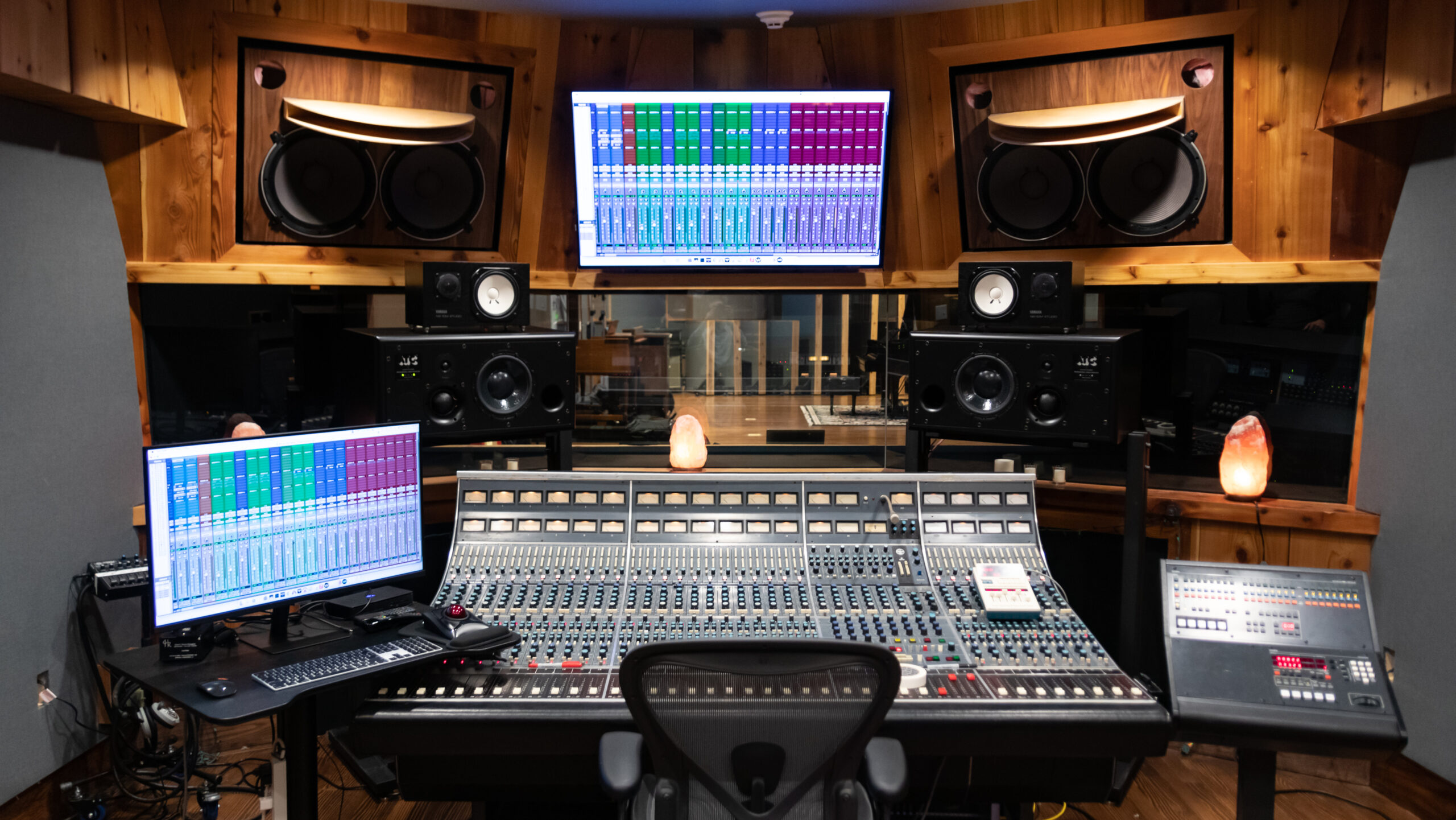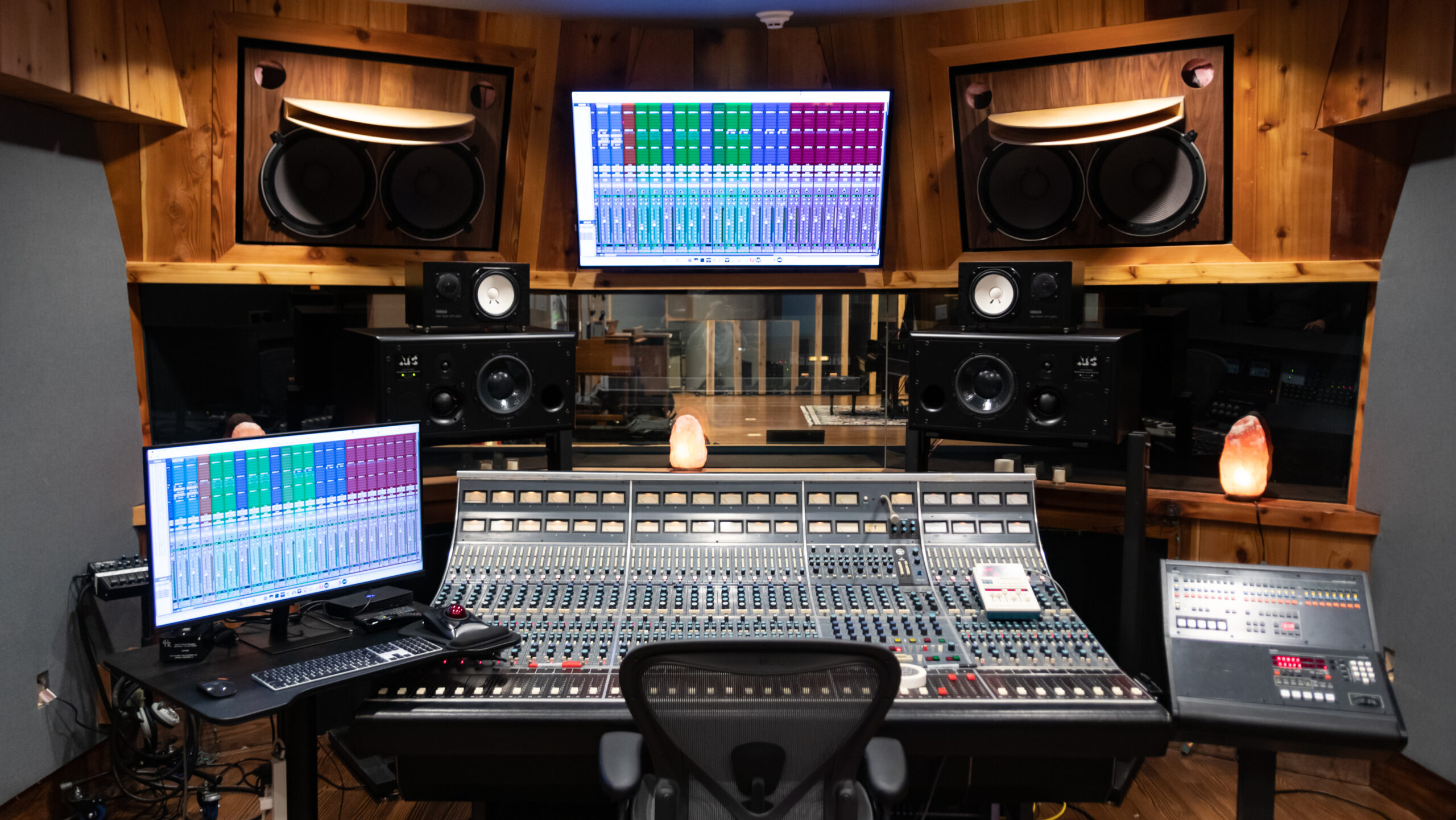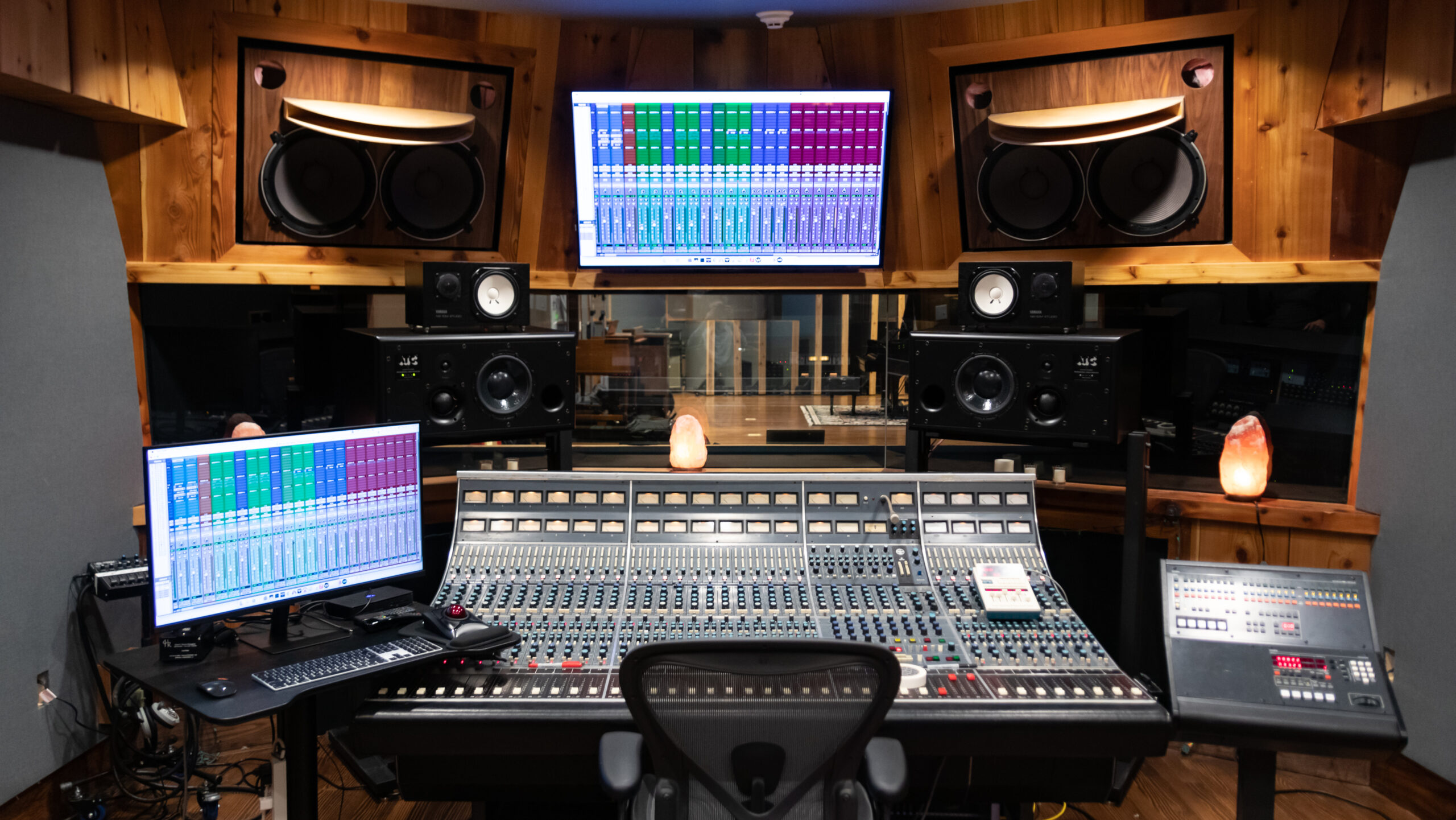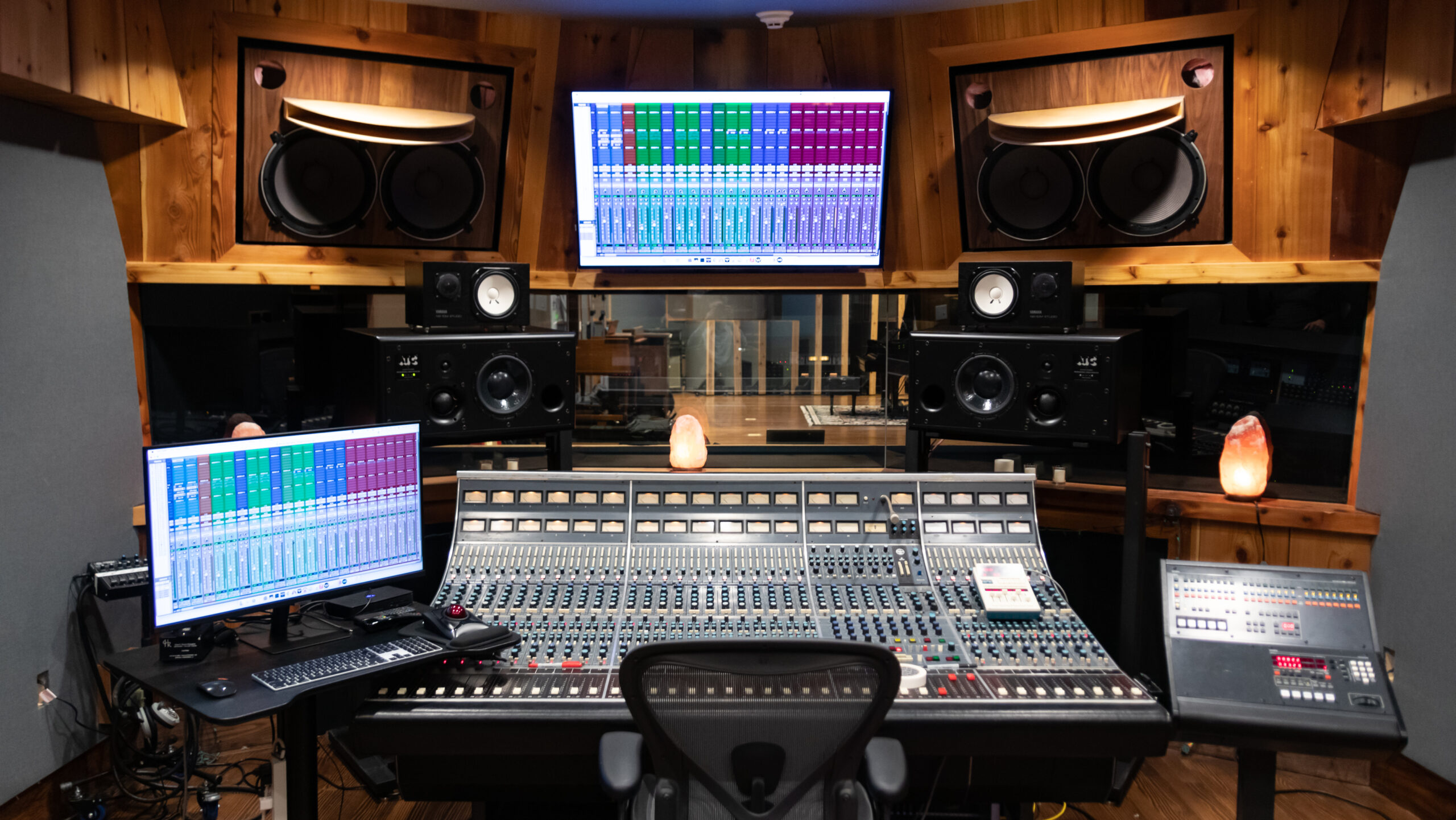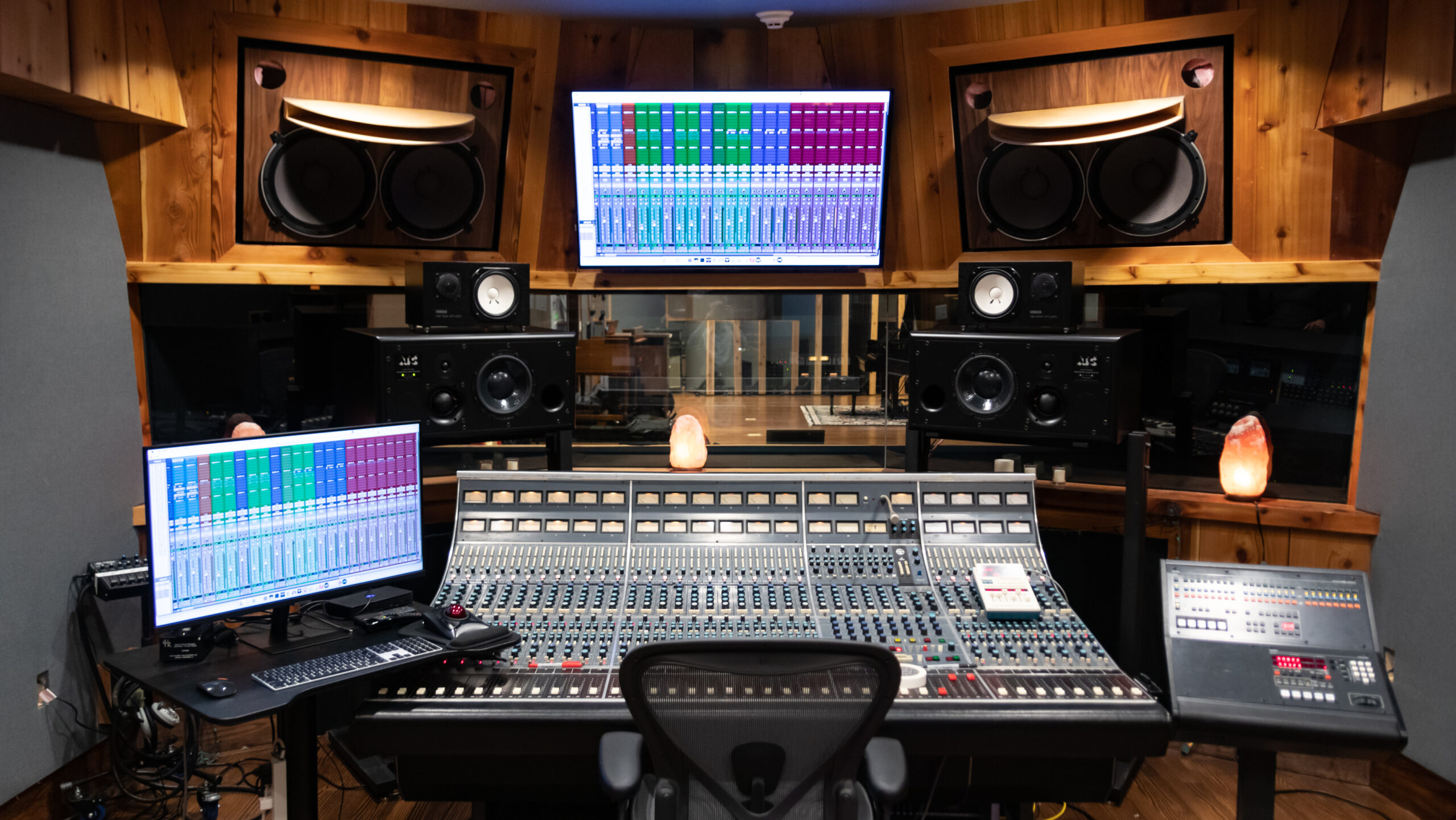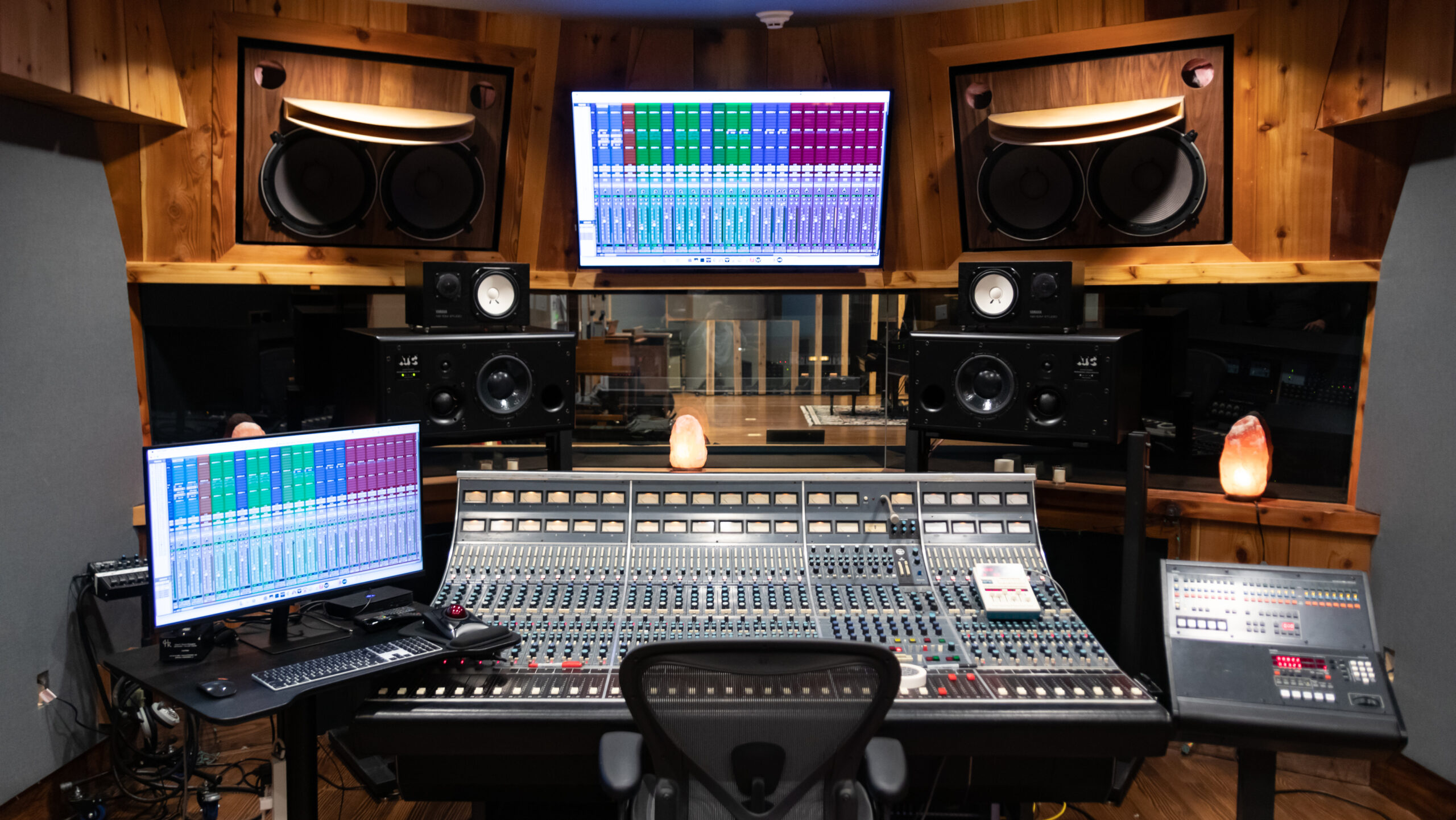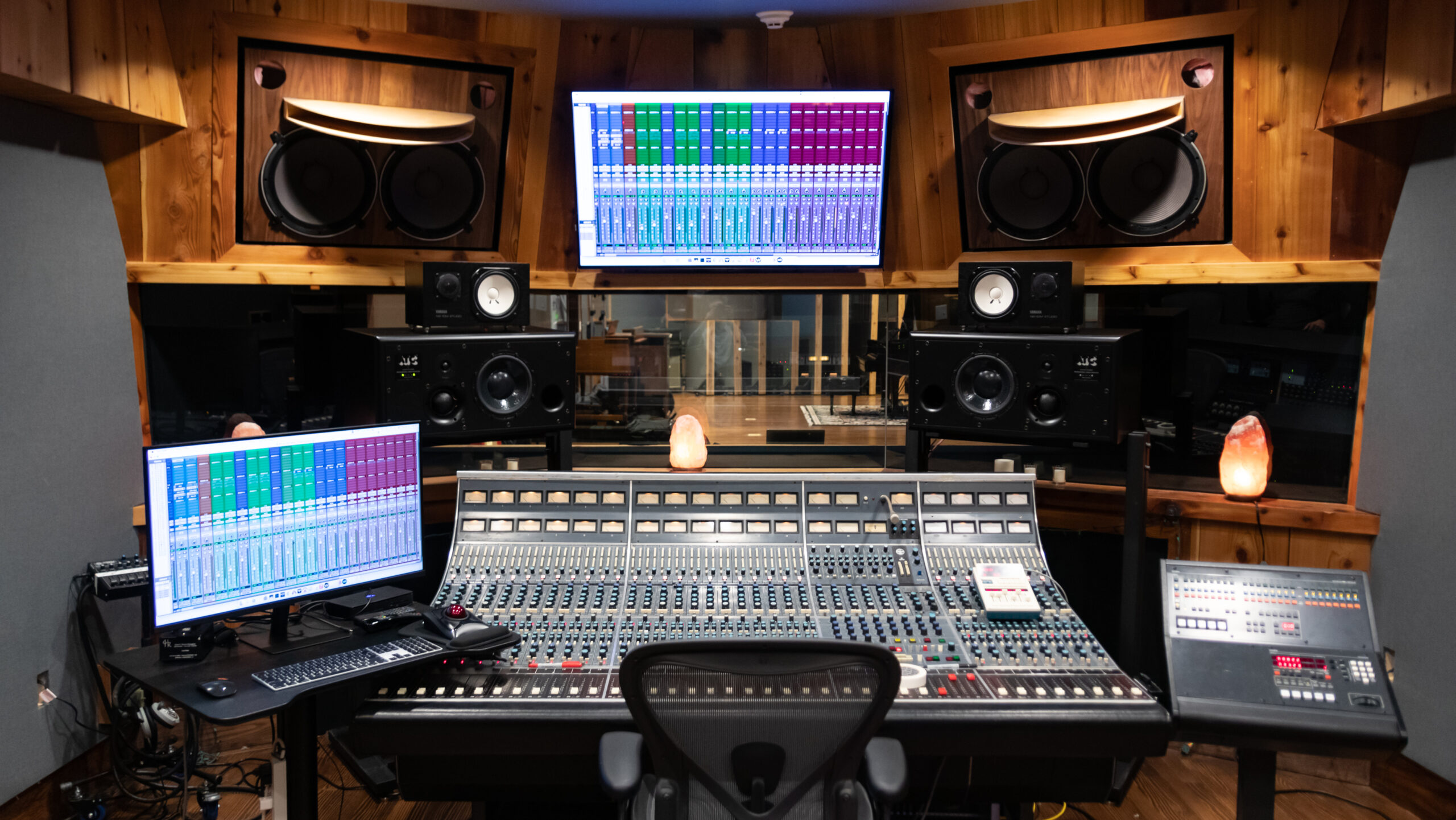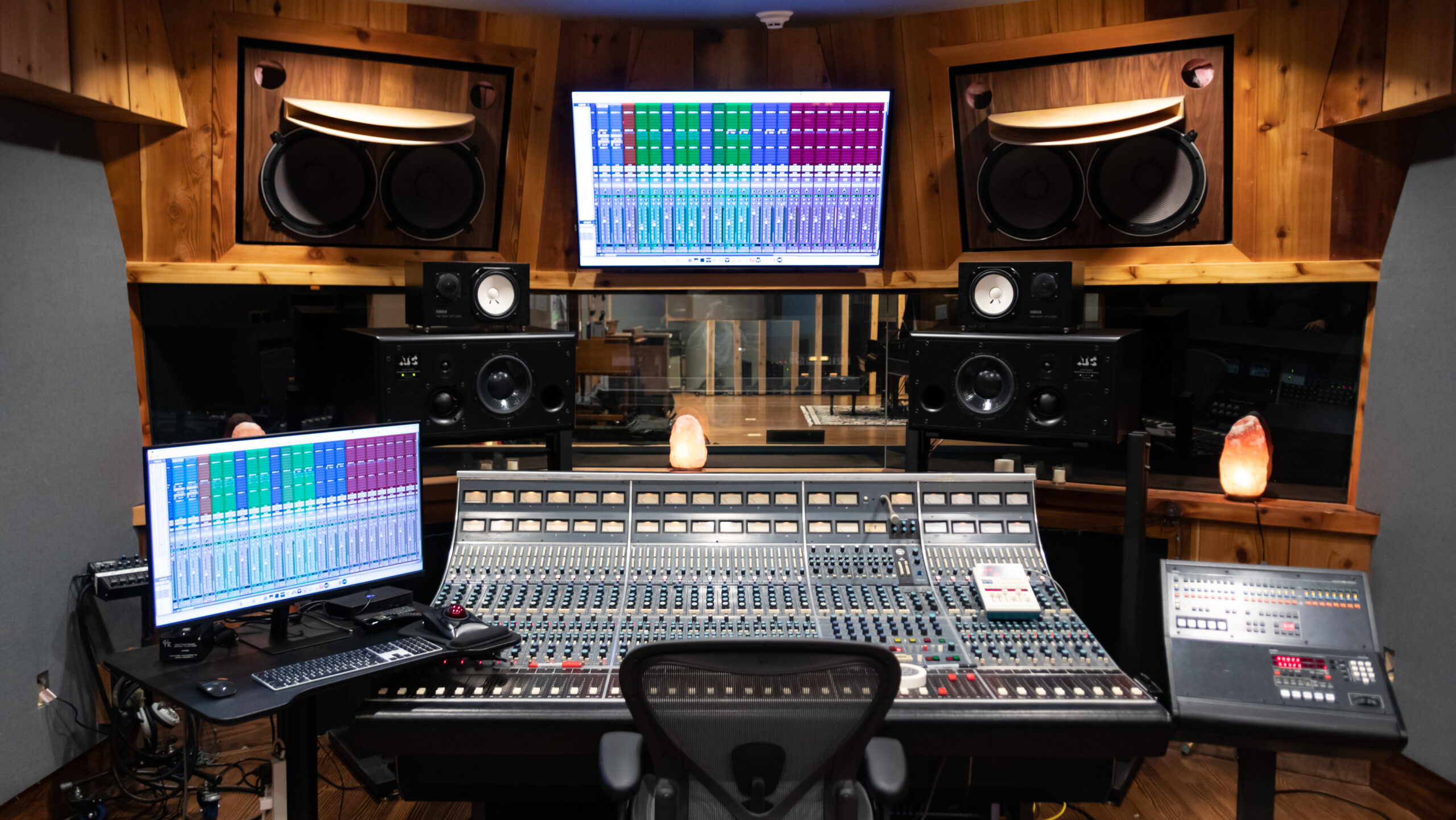The recording industry relies heavily on pristine…
Commercial Recording Studio Insurance: Protecting Your Creative Business
Running a commercial recording studio involves significant investments in specialized equipment, facilities, and talent. From high-end mixing consoles to vintage microphones worth thousands of pounds, recording studios face unique risks that standard business insurance policies often don't adequately cover. Understanding the specific insurance needs of your recording studio is crucial for protecting your creative business and ensuring continuity of operations.
Understanding Recording Studio Risks
Commercial recording studios face a complex array of risks that can threaten both their physical assets and business operations. Equipment theft represents one of the most significant concerns, as recording studios house expensive microphones, mixing boards, computers, and instruments that are highly portable and valuable on the resale market. A single high-end microphone can cost several thousand pounds, while a complete studio setup may represent hundreds of thousands in investment.
Fire and water damage pose serious threats to recording studios, particularly given the concentration of electrical equipment and the potential for overheating in poorly ventilated spaces. Water damage from burst pipes, roof leaks, or flooding can destroy not only equipment but also irreplaceable master recordings and client work. The interconnected nature of studio equipment means that damage to one component can cascade throughout the entire system.
Professional liability represents another critical risk area. Recording engineers and producers can face claims if technical errors result in lost recordings, missed deadlines, or substandard output that affects a client's commercial prospects. Copyright infringement claims may arise if unauthorized samples are used or if there are disputes over ownership of recorded material.
Business interruption risks are particularly acute for recording studios, as any downtime directly impacts revenue. Studios typically operate on tight schedules with bookings arranged weeks or months in advance. Equipment failure, property damage, or other disruptions can force cancellation of sessions, leading to lost income and potential compensation claims from affected clients.
Essential Coverage Types for Recording Studios
Commercial Combined Insurance forms the foundation of protection for most recording studios, combining several essential coverages into a single policy. This typically includes buildings insurance for studio owners, contents insurance for equipment and furnishings, business interruption coverage, and public liability protection. The contents element is particularly important for recording studios given the high value and specialized nature of their equipment.
Professional Indemnity Insurance is crucial for recording studios providing production services, mixing, mastering, or other professional audio services. This coverage protects against claims arising from professional negligence, errors, or omissions that result in financial loss to clients. For example, if a technical error during recording results in unusable material and forces an expensive re-recording session, professional indemnity insurance would cover the associated costs and legal expenses.
Equipment Insurance deserves special attention in recording studio policies. Standard contents insurance may not provide adequate coverage for specialized audio equipment, particularly vintage or custom-built items that may be difficult to replace. Dedicated equipment insurance can provide agreed value coverage, ensuring that unique or irreplaceable items are covered for their full replacement cost rather than depreciated value.
Cyber Insurance has become increasingly important as recording studios rely more heavily on digital systems for recording, storage, and distribution. This coverage protects against data breaches, cyber attacks, and system failures that could result in loss of client recordings or confidential information. Given that many studios now offer cloud-based services or remote collaboration tools, cyber protection is essential.
Specialized Considerations for Recording Studios
Location recording presents unique challenges that require specific insurance considerations. When recording equipment leaves the studio for on-location sessions, it faces additional risks including theft from vehicles, damage during transport, and exposure to weather conditions. Transit coverage ensures that equipment is protected while being transported to and from recording locations.
Client property coverage is essential for studios that regularly handle valuable instruments or equipment belonging to clients. Musicians may bring expensive guitars, keyboards, or other instruments to recording sessions, and the studio may be held liable if these items are damaged or stolen while on the premises. This coverage extends the studio's protection to include client-owned property.
Master recording protection addresses one of the most critical risks facing recording studios. The loss of master recordings or work-in-progress sessions can result in significant financial liability if clients need to re-record material. Some policies offer specific coverage for the costs associated with recreating lost recordings, including studio time, musician fees, and production costs.
Key person insurance may be appropriate for studios that depend heavily on specific individuals, such as renowned producers or engineers whose reputation draws clients. This coverage provides financial protection if key personnel become unable to work due to illness or injury, helping to maintain business operations and meet existing commitments.
Risk Management Best Practices
Effective security measures are fundamental to managing recording studio risks. This includes installing comprehensive alarm systems, CCTV monitoring, and secure access controls. Equipment should be properly catalogued with serial numbers recorded and regular inventories conducted. High-value items may benefit from additional security measures such as equipment locks or secure storage when not in use.
Fire prevention requires particular attention in recording studios due to the concentration of electrical equipment and potential for overheating. Regular electrical inspections, proper ventilation systems, and fire suppression equipment specifically designed for electrical fires are essential. Smoke detection systems should be carefully positioned to provide early warning while avoiding false alarms from stage effects or other studio activities.
Data backup and recovery procedures are crucial for protecting client work and business records. Multiple backup systems, including off-site storage, help ensure that recordings and business data can be recovered in the event of equipment failure, theft, or disaster. Regular testing of backup systems ensures they will function when needed.
Staff training plays a vital role in risk management, ensuring that all personnel understand proper equipment handling procedures, security protocols, and emergency response plans. This is particularly important in studios that employ freelance engineers or allow client access to equipment.
Choosing the Right Insurance Provider
Selecting an insurance provider with experience in the entertainment and media industries is crucial for recording studios. Insurers who understand the unique risks and operational requirements of recording studios are better positioned to provide appropriate coverage and support. This includes understanding the value and replaceability of specialized equipment, the importance of business continuity, and the professional liability exposures specific to audio production.
Policy terms and conditions require careful review, particularly regarding equipment coverage, business interruption triggers, and professional liability definitions. Some insurers may exclude certain types of equipment or impose restrictions on coverage that could leave gaps in protection. Working with a specialist broker who understands recording studio operations can help ensure that all risks are properly addressed.
Claims handling capabilities should be evaluated when selecting an insurance provider. Recording studios often need rapid response to equipment claims to minimize business interruption. Insurers with 24/7 claims reporting, expedited processing for equipment replacement, and networks of specialist repair services can significantly reduce the impact of covered losses.
Cost Factors and Premium Considerations
Insurance costs for recording studios vary significantly based on factors including location, equipment values, security measures, and claims history. Studios in high-crime areas or buildings with poor security may face higher premiums, while those with comprehensive security systems and good risk management practices may qualify for discounts.
Equipment values represent the largest factor in determining contents insurance premiums. Accurate valuations are essential, as underinsurance can result in inadequate claim settlements while overinsurance unnecessarily increases premium costs. Regular equipment appraisals help ensure that coverage limits remain appropriate as equipment is added, upgraded, or replaced.
Business interruption coverage costs depend on the studio's annual revenue and the selected indemnity period. Studios with higher revenues or longer recovery periods will pay higher premiums, but this coverage is often essential for maintaining financial stability during periods of disruption.
Regulatory and Compliance Considerations
Recording studios must comply with various regulations that can impact insurance requirements. Health and safety regulations require appropriate coverage for employee injuries and public liability exposures. Data protection requirements under GDPR may necessitate cyber insurance coverage to address potential breach notification and remediation costs.
Licensing requirements for music venues or studios that host live performances may impose specific insurance obligations. Public liability coverage limits may need to meet minimum requirements set by licensing authorities or venue operators.
Copyright and intellectual property considerations may require specialized coverage, particularly for studios involved in production or distribution activities. This can include coverage for copyright infringement claims or protection for the studio's own intellectual property.
Making a Claim: What to Expect
When making an insurance claim, recording studios should be prepared to provide detailed documentation of their losses. This includes equipment inventories with serial numbers, purchase receipts or valuations, and evidence of the circumstances leading to the loss. For business interruption claims, financial records demonstrating normal revenue patterns and the impact of the interruption will be required.
Professional liability claims require careful handling, as they often involve complex technical and legal issues. Studios should notify their insurers immediately upon becoming aware of potential claims and avoid admitting liability or making commitments to claimants without insurer approval.
Equipment claims may involve specialist assessors who understand audio equipment and can properly evaluate damage or determine appropriate replacement costs. Studios should maintain detailed records of equipment specifications, modifications, and maintenance to support accurate claim assessments.
Conclusion
Commercial recording studio insurance requires careful consideration of the unique risks and operational requirements of the audio production industry. From protecting valuable equipment and client property to ensuring business continuity and professional liability coverage, recording studios need comprehensive insurance programs tailored to their specific needs.
The investment in proper insurance coverage is essential for protecting the significant financial commitments involved in operating a recording studio. By working with experienced insurance professionals who understand the industry, recording studios can develop insurance programs that provide comprehensive protection while supporting their creative and commercial objectives.
Regular review of insurance coverage ensures that protection keeps pace with business growth, equipment additions, and changing risk exposures. As the recording industry continues to evolve with new technologies and business models, insurance coverage must adapt to address emerging risks and opportunities.
For recording studios seeking comprehensive insurance protection, consulting with specialists who understand the unique challenges of the audio production industry is essential. Proper insurance coverage provides the foundation for creative and commercial success by protecting against the risks that could otherwise threaten the business's future.


 0330 127 2333
0330 127 2333
